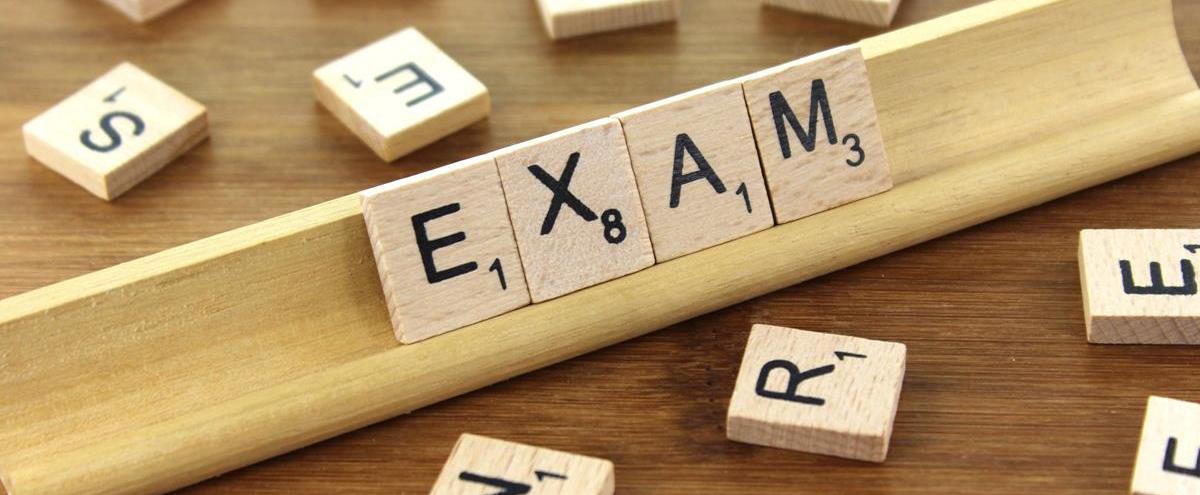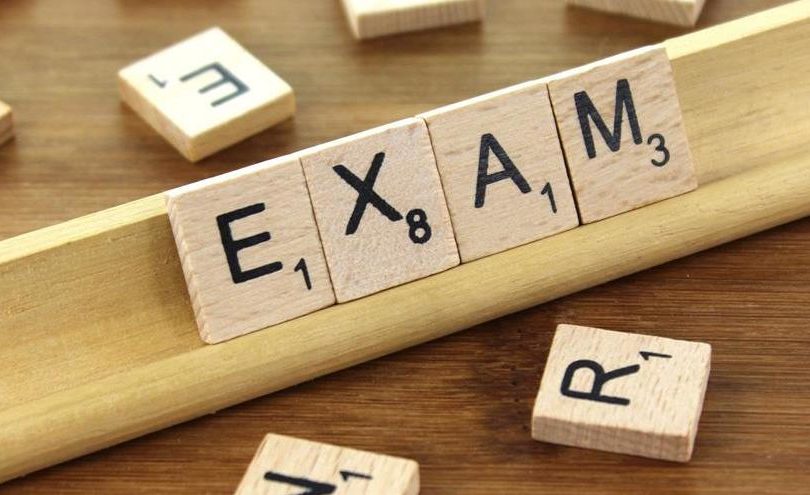
The LSAT-India exam, which is the official admissions test to 10 Indian law schools, will be held entirely online this year, marking a first for Indian law school admissions.
The test, which was set up by the US-based Law School Admission Council (LSAC) and is perhaps most well-known for having been exclusively used by JGLS Sonepat since its founding – has been postponed from the already-once-postponed date of 7 June for an offline exam, to 14 June for the 100% online test.
The end of disruptions caused by Covid is not clearly in sight, so from that perspective the move to online makes sense.
But it’s also not without its risks.
Yusuf Abdul-Kareem, the US-based vice president of emerging markets and business intelligence at LSAC, had told us in late March 2020, before the first postponement of both the Common Law Admission Test (CLAT) and the LSAT-India, that the body was looking at “contingency plans”, which “in this particular case means, we would postpone the exam and move it to a different date, or explore a different mode of delivery”.
Both contingencies have now clearly kicked in.
According to the announcement by LSAC, the “move from a paper and pencil test to an online administration will enable candidates to take the test from the safety and convenience of their homes or a location of their choice, and continue their goal of pursuing legal education despite necessary public health restrictions on travel and public gathering”.
Of course, one of the major difficulties with online exams is how one can guarantee the sanctity of a competitive exam that can very much be a zero-sum game; particularly, how can you ideally eliminate cheating despite students being able to sit the exams at home?
According to LSAC’s statement:
LSAC will implement a rigorous data forensics programme to ensure the integrity of the remotely proctored test. The remotely proctored online LSAT—India will require candidates to complete a virtual check-in process, which includes enhanced identification and authentication procedures.
After successful identity validation, the candidate will be approved to take the test using a secured browser. Every candidate’s test will be proctored remotely using AI-assisted technology and the candidate’s entire examination will be recorded via the computer’s web camera.
If misconduct of any kind is detected, then the exam will be invalidated.
Abdul-Kareem told us in March that so-called remote proctoring of exams – usually done with a human invigilator watching the candidate sitting the online exam via webcam – had become relatively commonplace in the US, and was often administered by proctoring software and solutions.
Multinational professional testing and exam giant Pearson Vue, which has been administering the LSAT-India, was one such company, and it too will be responsible for the proctoring solution.
“By and large the way it works,” he said, “is you have a proctor, who is basically monitoring the person who is sitting for the exam, through their camera.”
“It’s definitely a challenge,” he had said, but added: “I would say, given the circumstances we are in right now, every testing organisation is exploring remote proctoring.”
However, Abdul-Kareem also said that the system to be used for the upcoming online LSAT-India, would consist of an artificial intelligence (AI) in the “first layer”, with a human being responsible only afterwards for reviewing “suspicious activity”.
It’s impossible to say whether such a system will be 100% foolproof, but in the circumstances it may be the best one can get.
That said, with any online exams there will also be questions surrounding access for those who may not have stable internet connections, electricity supply or possibly not even available for us computers or laptops with webcams or potentially required specs.
Last year, the LSAT-India has had its “biggest year” with 8,300 test takers, said Abdul-Kareem. In March he had said that LSAC was aiming to hit 10,000 this year, though he admitted that with “Coronavirus being what it is – we are finding it somewhat challenging”.
This year, besides JGLS taking 600 students via LSAT-India, the so-called LSAC Global Law Alliance Members also include the comparatively smaller schools of law from Jagral Lakecity University (JLU), IFIM, Vijaybhoomi, SVKM’s NMIMS, Hindustan Institute of Technology and Law, MIT-World Peace University Pune and UPES, in addition three others that also accept LSAT-India scores.
Each of the above will at least in part be accepting LSAT-India scores, but some might also sometimes be accepting scores of other competitive exams for its admissions.
Even holding the CLAT offline in late June, just over a month away, may eventually prove to be a struggle, considering that an definitive end to lockdowns all over the country is not clearly in sight right now.
On the other hand, despite the CLAT just about becoming a bit more consistently managed year-on-year by a permanent CLAT consortium of NLUs, it’s not clear whether those national law university (NLU) vice chancellors (VCs) that make up the consortium would have the appetite for online testing solutions or whether an easier solution would be to potentially continue delaying the CLAT until Covid has more definitely receded.
